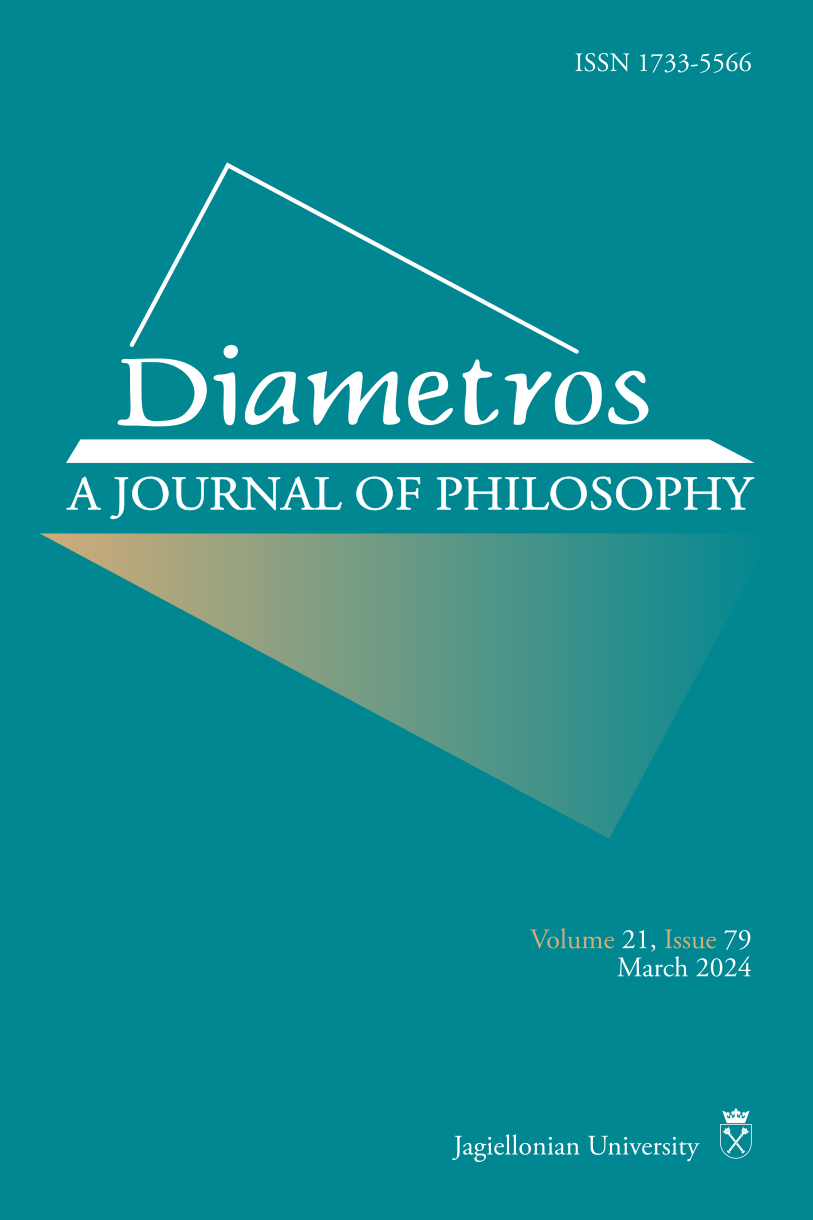Expanding The Scope of The Epistemic Argument to Cover Nonpunitive Incapacitation
Expanding The Scope of The Epistemic Argument to Cover Nonpunitive Incapacitation
Author(s): Elizabeth ShawSubject(s): Criminal Law, Penology
Published by: Instytut Filozofii Uniwersytetu Jagiellońskiego
Keywords: free will; skepticism; retributivism; criminal justice; punishment; epistemic argument; G. Caruso;
Summary/Abstract: A growing number of theorists have launched an epistemic challenge against retributive punishment. This challenge involves the core claim that it is wrong (intentionally) to inflict serious harm on someone unless the moral argument for doing so has been established to a high standard of credibility. Proponents of this challenge typically argue that retributivism fails to meet the required epistemic standard, because retributivism relies on a contentious conception of free will, about whose existence we cannot be sufficiently certain. However, the scope of the epistemic challenge should not be limited to doubts about free will or retributivism. In this article, I argue that the epistemic challenge should be expanded beyond the original focus on justifications of punishment. By “expanding the epistemic challenge” I mean demanding that other purported justifications for serious (intentional) harm be held to a high standard of credibility. To provide a focus for the argument, I will concentrate on the “Public Health Quarantine Model” defended by Gregg Caruso, but my arguments have wider implications beyond this model. A growing number of “abolitionist” theorists believe that punishment is wrong in principle. If retributive punishment, or punishment in general, were abandoned, we would need to ask, “how else should we respond to crime?”. My arguments suggest that all such abolitionists will have to face the same epistemic standard as penal theorists if they wish to replace punishment with the intentional imposition of non-punitive severe coercive measures.
Journal: Diametros
- Issue Year: 21/2024
- Issue No: 79
- Page Range: 132-145
- Page Count: 14
- Language: English

